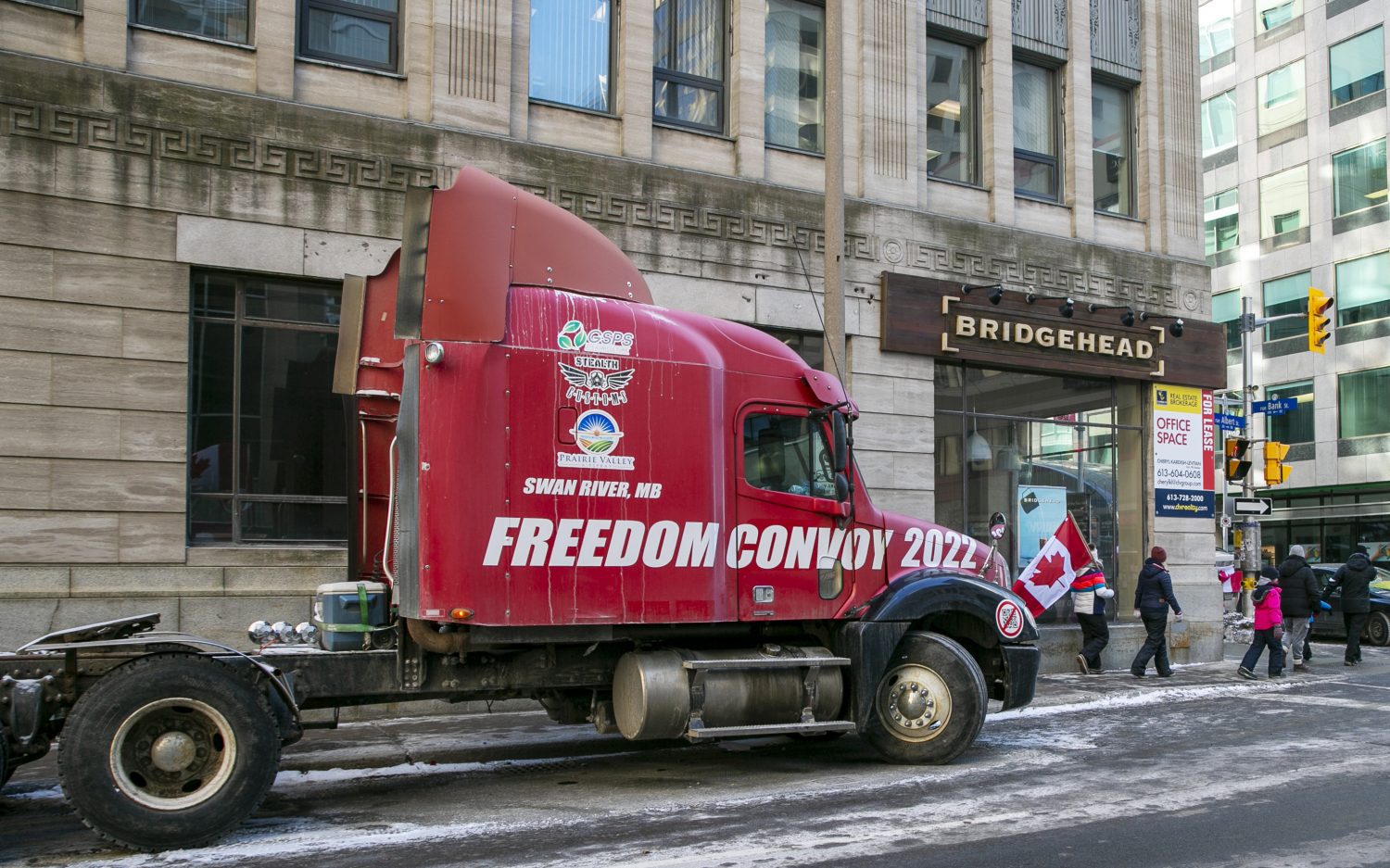Cap and tax begins
California launches a massive greenhouse-gas taxing scheme over local business protests
During a time of economic instability, California has rolled out the second largest “cap-and-trade” program in the world. On Monday the California Air Resources Board (CARB) released the results of its first quarterly auction, held Nov. 14, where it sold credits to major California companies that emit greenhouse gases as a byproduct of business activity.
CARB sold 27.8 million credits, each allowing the emission of one metric ton of carbon dioxide. Selling the credits for about $10 apiece, the state raised around $278 million. Many California businesses describe the credits as an environmental tax that will do further damage to a struggling economy. The state faces a fiscal crisis, holding up to $335 billion in debt, according to a September report by the State Budget Crisis Task Force. California’s unemployment rate in October was 10.1 percent—about 2 percentage points higher than the national average.
The cap-and-trade program is the result of climate change legislation the California Legislature passed in 2006, known as Assembly Bill 32 (AB 32). (The law was intended to cut the greenhouse gas emissions some scientists believe are responsible for global warming.) Under the program’s rules, California sets a cap for how many tons of greenhouse gases businesses can emit. If a business exceeds its own emissions limit, it can buy “allowances.” If it reduces emissions below its cap, it can sell allowances to other businesses.
The state is giving companies 90 percent of their allowances for free during the first two years of the program, and making them buy the remaining 10 percent in online auctions. Over the coming years, the number of free allowances will be reduced, and the emissions cap for businesses will shrink, forcing California companies to buy additional allowances or develop technology to reduce their carbon emissions. The goal at this point is to reduce the state’s carbon emissions to 1990 levels within eight years.
Any money CARB raises from the carbon sales is supposed to go into a fund to reduce greenhouse gas emissions, though it’s unclear which programs or organizations will be recipients.
A coalition of California businesses called the AB 32 Implementation Group argues that last week’s credit auction was no more than a state tax that will ultimately put California businesses at a competitive disadvantage with out-of-state companies.
The California Chamber of Commerce—a member of the AB 32 Implementation Group—has filed a lawsuit arguing CARB is exceeding its authority by raising tax money from businesses in the form of credit sales. The filed complaint alleges such tax collection is illegal because California’s constitution requires a two-thirds majority vote in the state Legislature to approve tax increases—a level of support AB 32 didn’t receive in 2006.
“This action by an unelected state board to use regulatory statutes to raise tens of billions of dollars from taxpayers is unprecedented in our state’s history,” reads the complaint.
California officials hope once the state implements cap-and-trade, other states will follow suit with carbon trading programs of their own. Currently, the only such program in the United States is one of a smaller scale applying to electricity producers in northeastern states. California’s program is surpassed in size only by the European Union’s credit trading system, which has been in place since 2005.
“Unless we adopt the most cost effective way of reducing carbon emissions, other states will not follow us,” said Allan Zaremberg, president of the California Chamber of Commerce, in a statement criticizing the lucrative credit auction. “The current CARB proposal is the most costly way to implement AB 32 and it will hurt consumers, the job climate, and the ability of businesses to expand here.”
David Kreutzer, a research fellow at The Heritage Foundation who specializes in energy, economics, and climate change, said it’s doubtful any other states are eager to follow California’s footsteps: “When you price carbon the way that they’re doing, it will make all fossil fuel energy more expensive. So gasoline will be more expensive. Electricity, because a big chunk of it is made with either coal or natural gas … gets more expensive. Heating oil gets more expensive.”
The net result, Kreutzer said, is that such credit-trading schemes slow economic activity and spark layoffs. And even if climate change were a serious threat, cap-and-trade would do little to fix the problem. “The estimates are that even a nationwide program would cut warming by the end of the century by about a tenth of a degree centigrade—not enough to make a big difference,” he said. “So it’s an expensive program that will have no measurable benefits.”
An actual newsletter worth subscribing to instead of just a collection of links. —Adam
Sign up to receive The Sift email newsletter each weekday morning for the latest headlines from WORLD’s breaking news team.





Please wait while we load the latest comments...
Comments
Please register, subscribe, or log in to comment on this article.